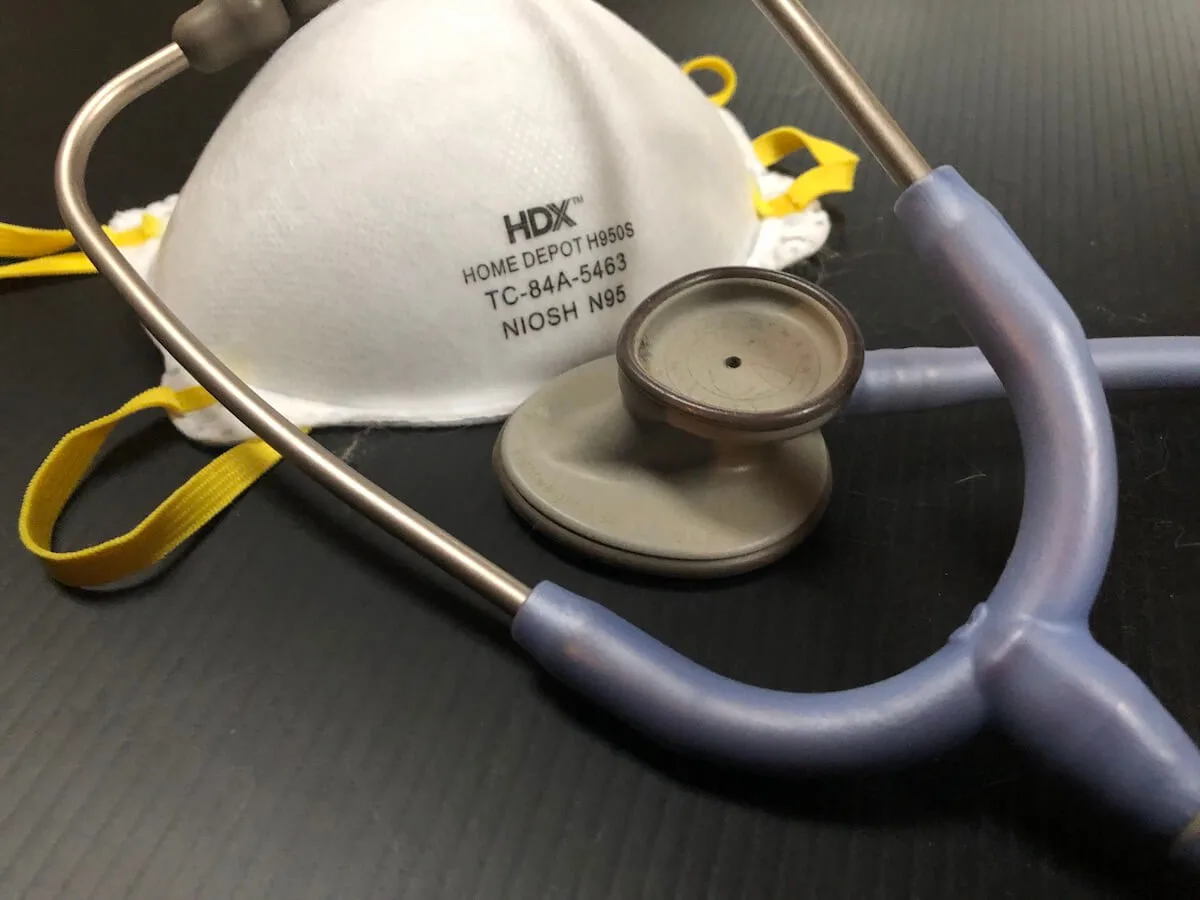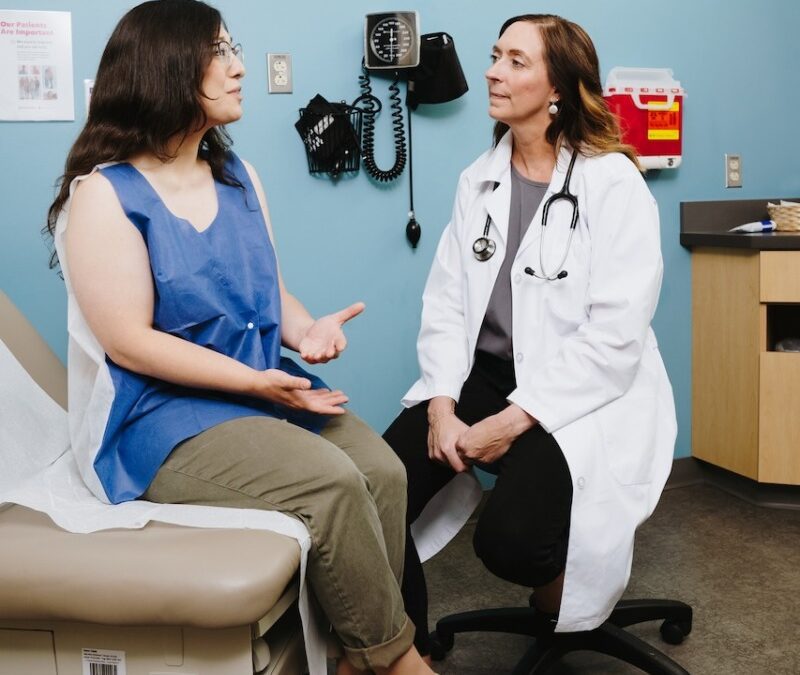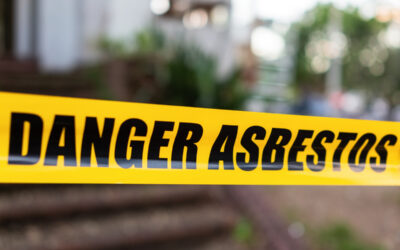
#image_title
Staffing plans under constant review. Leaders seeking national help finding supplies.
There are few more dangerous jobs to have right now in healthcare than the doctors, nurses, nursing assistants and support staff who are caring for COVID-19 patients.
Add on the fact that the fast-moving, potentially deadly virus has infected more than 160 people in Wisconsin and there is a shortage of gowns, gloves, surgical masks and the more heavy-duty N95 masks, and the risk healthcare workers could contract the virus while caring for patients becomes more dire.
It is a reality those on the frontline are well aware of and health care officials and politicians are scrambling to address before the number of healthcare workers takes a hit from too many workers themselves unable to work because they are sick.
“What really scares me is there is going to come a time when I show up to work and there will not be gloves in my size or there won’t be any masks,” said a registered nurse who works at a large teaching hospital in Wisconsin on a floor recently converted to only handle COVID-19 patients. “I think most nurses are resigned to the fact they will get exposed. They are just hoping the exposure will not be that bad.”
The nurse, who agreed to talk about their working conditions on the condition of anonymity, said they can expect to have three or four patients per shift. Some of those patients are still waiting for test results, while others have already tested positive.
Unlike other patients in the hospital, a COVID-19 patient must be in a negative pressure. These rooms prevent air and airborne pathogens from escaping from the room when the door is opened, limiting the virus from infecting others.
Before entering these rooms, any healthcare staff must wear a gown, gloves, mask, and face shield. When leaving the room, this personal protective equipment, or PPE as it is referred to in the healthcare industry, is taken off in a certain order to prevent contamination and left in a trash can near the door.
That is no longer the case at this hospital due to a shortage of masks and other protective wear supplies, said the nurse.
The nurse said it is now recommended that staff wear a N95 mask, which is sturdier than a typical surgical mask, when entering COVID-19 patient rooms.
“Because the N95 masks are sturdier, we are using them for the duration of a 12-hour shift,” said the nurse. “When we leave a patient’s room, we put the mask in a paper bag with our name on it. When we go back into the room, we grab the mask from the bag and put it back on.”
According to the U.S. Food and Drug Administration, a N95 respiratory mask is designed to achieve a very close facial fit and 95 percent filtration of airborne particles. They should not be shared or reused, according to the USFDA.
“We are all working in a high-risk situation. But no one has questioned going into a room, knowing they are putting themselves at risk and their families at risk,” said the nurse. “Obviously there is some level of anxiety, but it never stops us from showing up to work. There is pride in that.”
On Tuesday, the Wisconsin congressional delegation submitted a letter to Robert Kadlec, the assistant secretary for preparedness and response with the U.S. Department of Health and Human Services, in support of Gov. Tony Evers’ request for supplies from the Strategic National Stockpile.
The Strategic National Stockpile is the nation’s largest supply of potentially life-saving pharmaceuticals and medical supplies for use in a public health emergency severe enough to cause local supplies to run out.
The letter was signed by Sens. Tammy Baldwin and Ron Johnson, and Reps. Mike Gallagher, Gwen Moore, Bryan Steil, Mark Pocan and Ron Kind.
The letter said that while they “applaud the important public health measures that Gov. Tony Evers and state officials have taken to combat the spread of the novel coronavirus, or COVID-19, confirmed cases continue to rise.” The letter went to request answers to a list of questions, including when the federal government would be able to fulfill a request made by Evers for additional personnel protective equipment.
“The state of Wisconsin is running critically low on the supplies that have been requested and needs assistance immediately,” the letter read.
As of March 17, Wisconsin had not received any supplies from the Strategic Stock Supply, although they have been notified that they are eligible to receive the following: roughly 130,300 surgical masks, 24,800 face shields, 20,200 surgical gowns, 100 coveralls, 72,000 pairs of gloves and 54,700 N95 respirators.
Sen. Tammy Baldwin said Thursday that in order to effectively combat the novel coronavirus in Wisconsin, “we must make sure we have all the supplies needed for health care workers to treat patients and to keep themselves healthy and safe.”
“Wisconsin needs respirators, masks, gloves, gowns and other supplies immediately and that’s why I led the Wisconsin congressional delegation to call on the Trump administration to respond to Gov. Evers’ request to get these critical supplies for our state,” Baldwin said.
Andrew Beckett, public information officer with Wisconsin Emergency Management said the move by the State Emergency Operation Center to a level 1 status Monday allows staff from Wisconsin Emergency Management and other agencies to support the Department of Health Services to access and request personal protective equipment from the Strategic National Stockpile.
As part of the level 1 activation, the staff at Wisconsin Emergency Management is collecting requests from county health departments and tribal agencies. Beckett added that the process for healthcare providers to make requests for personal protection equipment has been communicated to them by DHS.
Beckett said the State Emergency Operation Center has received 70 requests from personal protection equipment from agencies across the state. Requests range from masks to hand sanitizer. Beckett said most of the requests are from counties on behalf of first responders and law enforcement.
Hospitals and health care systems submit requests with the department of health services.
Additionally, staff with the State Emergency Operation Center are working with public and private sector businesses to identify more sources of personal protective equipment that can then be made available to medical facilities and other first responders. Beckett said the elevation to Level 1 allows personnel to be available to continuously work on this issue.
The state health department will track what the state receives, he said.
In an industry suffering from a nursing shortage, hospital administrators are planning for how to continue caring for patients if nurses contract the virus and have to self-quarantine or be hospitalized for at least 14 days.
Hospital administrators in northwest Wisconsin acknowledged the staffing challenges they could face if the number of coronavirus cases surge significantly. The belief is that the more contact hospital staff has with infected patients, especially without proper protective gear, the more healthcare workers will become infected, exacerbating the nursing shortage.
Mark Anderson, a quality compliance coordinator with HSHS Sacred Heart Hospital in Eau Claire said resources will be stretched thin if there is a rapid increase, or surge, in the number of coronavirus patients.
“If that happens, we would have to make critical decisions about how to best allocate resources to care for patients,” Anderson said.
To address a possible staff shortage, Anderson said hospitals are developing a staff-allocation plan in which workers from less-urgent departments would be deployed to provide care to coronavirus patients.
Multi-agency coronavirus response plans are in place, but those effects are evolving rapidly as circumstances surrounding the virus continue to change, said Matthew Schndier, a spokesman for the Marshfield Clinic Health System.
If the number of COVID-19 cases continues to grow, hospitals will reassign personnel “in an effort to make sure we have staffing available to treat patients as best we can,” he said.
Another nurse who asked to remain anonymous, works in the emergency room of a large hospital in Wisconsin.
The nurse said what are supposed to be single-use surgical masks are now being worn for three hours at a time, as long as the mask does not get dirty and the mask stays on your face. Staff are being asked to change the mask if they, for example, remove it from their face and let it hang around their chin between rooms.
The emergency room nurse said the volume of people coming to the emergency room is so great that contracting the coronavirus seems inevitable.
“I want to be here, though,” said the nurse. “If I get sick, I get sick. I want to help people. This is what I do.”

Billionaires get richer while Wisconsinites lose access to health care with ‘Beautiful Bill’
The US Senate will examine the Trump budget bill this week. It includes the largest cut to Medicaid in the program's history. It also blocks...

More ways to get birth control in Wisconsin? Sign us up.
The State Assembly has approved a plan to allow pharmacists to prescribe birth control pills and patches. There could soon be another way for women...

Opinion: Pentagon contractors don’t save lives or money – Medicaid does. Don’t cut it.
Cutting life-saving services to further enrich billionaires and Pentagon contractors is the worst possible option. This op-ed was first published on...

Opinion: Modernizing Medicare’s approach to obesity treatment is cost-effective and improves lives
Dr. Roxane Spitzer calls on Sen. Ron Johnson and his Republican colleagues to back the bipartisan initiative to expand Medicare coverage for...




